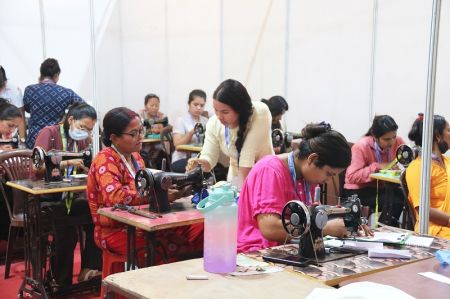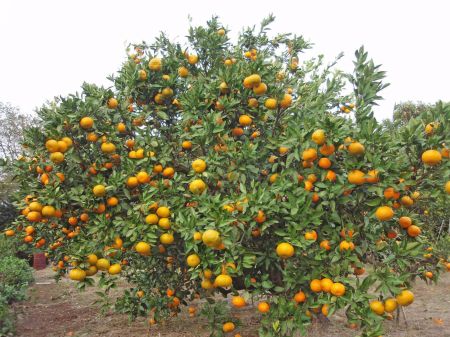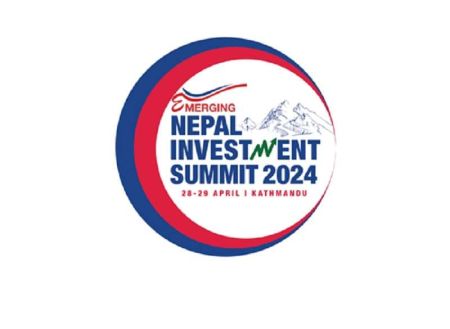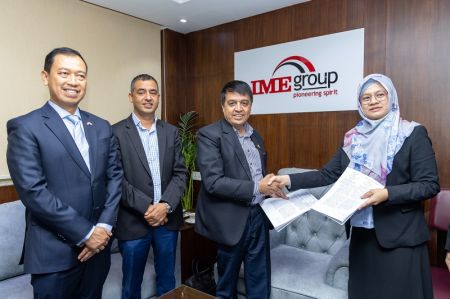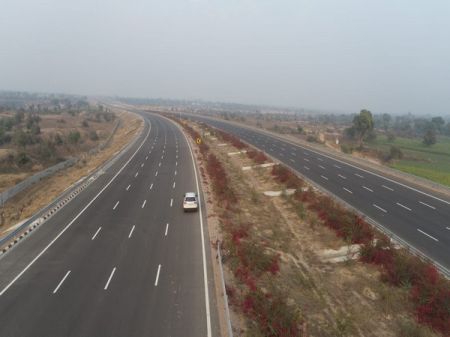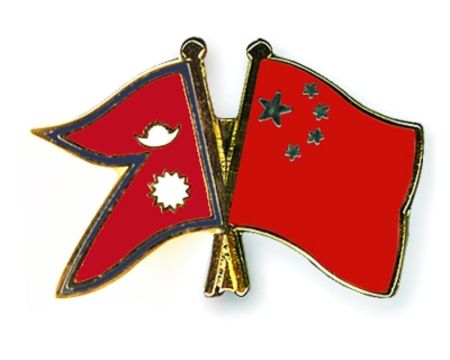 |
| Fadli Adilah Charge d’ affaires ad interim Embassy of Malaysia, KTM, Nepal |
Could you speak briefly on the bilateral trade between Nepal and Malaysia?
Total trade between Malaysia and Nepal has steadily increased for the last five years, and lingered around USD 35million annually, with the trade balance continuing to be in Malaysia’s favour.
Malaysia’s main exports to Nepal were machineries and vehicles parts, vegetable oils, electrical equipments and appliances, furniture and parts, plastics and other chemical products. Their main items of import comprised of vegetables products, articles of arts, garments and apparels.
The relationship between Malaysia and Nepal has been developed in both governmental and people-to-people levels. How do you view this?
Over the years, I am happy to say that Malaysia and Nepal remain good partners, sharing a long history and numerous instances of cooperation at both levels of government as well as people.
Malaysia is now being labeled and categorised by many as an advanced developing country, and even as an affluent nation by some. Malaysia has always shared experiences with fellow developing states, and advocated for close cooperation among nations like Nepal and the SAARC region through membership in the United Nations, the Non-Aligned Movement in the past, ASEAN and other collaborations.
Malaysians have always believed in the concept of ‘prosper-thy-neighbour’ as a win-win situation in building and maintaining good relations. Therefore, it is our utmost hope that bilateral relations between Malaysia and Nepal continues to progress and prosper.
Tourism is an important sector in the economies of both Nepal and Malaysia. Are there any possibilities where both countries tie up for the development of this sector?
Malaysia has signed the Air Services Agreement in 2007 with Nepal, which allows carriers to operate up to 21 flights a week.
Air Asia X has started its operation in Kathmandu since 3 July 2012 with two direct flights per week. And recently, after exactly one year and 100,000 passengers, Air Asia X is going stronger and flying more tourists to Nepal and Malaysia with five flights per week.
Malaysia Airlines commenced three weekly direct flights between Kuala Lumpur and Kathmandu in September 2012. By February 2013 and due to increasing demand, Malaysia Airlines had increased their flight frequencies to five times a week. More recently, starting 1 June 2013, Malaysia Airlines is now flying daily to Kathmandu.
These two airlines and the long existing flights of Nepal Airlines to Kuala Kumpur, along with the constant cooperation between Nepal Tourism Board and Tourism Malaysia and support from travel agencies, has us witness a staggering increase in the number of tourists and traders alike from Malaysia to Nepal especially, and vice versa as well. For instance, in 2012, only around 200 to 300 visitors from Malaysia were in Nepal, compared to an average of 900 to over 1,000 every month now in 2013.
Malaysia is one of the destinations for Nepalis seeking employment. How do you view this trend?
Nepal has now become the second largest source country for the recruitment of foreign workers in Malaysia. There are about 450,000 documented Nepali workers estimated to be employed in various sectors namely manufacturing, services and plantation. Currently, Malaysia continues to be the country with the highest intake of Nepali workers every month.
Formally, Malaysia is not a direct ‘donor country’ in rendering assistance to Nepal, in its infrastructure development, health or education sectors. However, since Malaysia started to welcome and hire Nepali workers in 2001, it has indirectly and largely contributed to Nepal’s economy, especially through remittance transactions by the Nepali workers in Malaysia.
Nepal and Malaysia are currently negotiating and in the process of finalizing the draft of a Memorandum of Understanding on Labour, awaiting outstanding issues to be resolved.
In general and by large, Malaysian employers have expressed happiness and satisfaction on the quality and contribution of Nepali employees. They are hardworking and trustworthy and as far as the present statistics are concerned, about 650 Nepali are heading to Malaysia daily. This also indicates that Malaysia remains one of the most preferred destinations among Nepali workers.
It is also our hope that the experience and exposure gained, together with the remittance and savings which the Nepali workers have made in Malaysia, will contribute to the country’s development economically and socially.
The bilateral trade between the two countries is limited. How can both the countries work together on this?
As mentioned earlier, trade activities between the two countries are actually very promising. Among others, Malaysia-Nepal Business Council has already been established and active since 2008.
For instance, during their tour in November 2011, six MoUs were signed between Malaysian companies and their Nepali counterparts. The MoUs were on education, training, trading and services between LimKokWing University, KK Supermart, Tiara Golf Resort, Pitaberry and Restkin Pvt. Ltd. with the Chaudhary Group, Marigold, Scholars Choice and Gokarna Golf Resort.
The Malaysia-Nepal Business Council has established Restkin Pvt. Ltd. - a company to manage business and trading activities for companies under the MNBC umbrella - with a paid-up capital of RM1.2 million. Restkin (which name derived from Mount Everest of Nepal and Mount Kinabalu of Malaysia) has operated since September 2011.
Similarly, KK Supermart, a popular 24-hours convenience store chain in Malaysia, has already opened four outlets (16-hours, from 7am to 11am) in Kathmandu in since April 2012.
There was also a Malaysia-based Star Management - the operator of a casino at Shangri- La Hotel, Kathmandu. Despite some problems due to trade unions and other issues, they have been operating the casino since December 2010, with a total investment of USD 5 million.
Malaysian investment in Nepal is very low when compared to the possibilities. What are the reasons?
Instability will remain the most problematic factor when it comes to doing business in Nepal. Prospects are always there and they are promising. With the right preparation and measures, opportunities might come and be more feasible to pursue.
Traditional players will maintain their footings, but new ventures might want to wait and recalculate the balance between risks and prospects vis-à-vis the security level in Nepal.
Nevertheless, just recently, delegations from EXIM Bank Malaysia, Tenaga Nasional Berhad and other IPP-related companies had visited Nepal and discussed with several relevant entities in Kathmandu, looking into the prospect of investing in the hydropower sector or any other relevant areas in Nepal.
That would be a small indicator for bigger possibilities in the years to come. Realistically speaking, there are still higher business risks for Malaysian investors to invest in such projects. Nevertheless, more Malaysian investors could definitely locate themselves in Nepal if the Government provided more incentives, comprehensive packages, and promising paths for their endeavours.
What are your hopes for the future of Nepal and Malaysia bilateral relations?
The current positive collaboration among the retail and trading business entities and small-medium enterprises from Malaysia and Nepal should continue to grow, be nurtured and promoted further. Hopefully, from these small and basic business transactions and understandings, it would lead us to bigger, tangible investments between institutions of the two countries in the near future.
Malaysia would be initiating negotiations to sign the Avoidance of Double Taxation Agreement with Nepal soon. This will definitely favour and benefit further transactions among traders, business entities and investors from both countries.
I am also taking this opportunity to mention that Malaysia has recently announced the Visit Malaysia Year 2014. In the months ahead, there will be a lot more promotions and incentives being offered by the Malaysian government for tourists and traders alike to come to Malaysia and experience the hospitality and colour of the country. Therefore, it would be my utmost hope to see more Nepali traders and travelers visiting and venturing in Malaysia.












